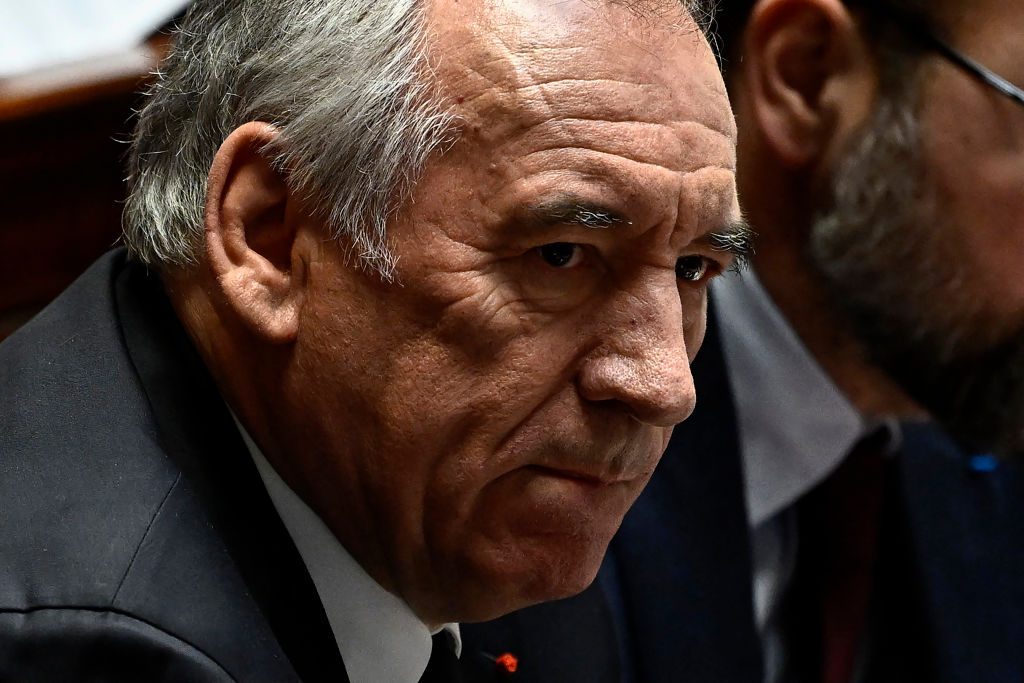The British and French governments have their differences, but they have something very important in common: they’re both running out of money.
Yesterday, the UK 30-year bond yield — an indicator of how much it costs the British state to finance its debts — hit 5.6%. That’s a record level for the 21st century. Meanwhile, on the other side of the Channel, the money markets are expressing similar doubts about the long-term solvency of the French state. France used to be able to borrow at a significantly cheaper rate than countries such as Italy, but that advantage is eroding fast.
Both governments know they have to curb their borrowing or face the prospect of a debt crisis. Though tax rises can take some of the strain, spending cuts are unavoidable — and in France, which already has one of the highest taxation levels in Europe, the urgency of austerity is all the greater.
This explains the make-or-break move of the French Prime Minister, François Bayrou, to call a vote of confidence in his government’s budget proposals. Essentially, he’s daring the opposition parties — which have a majority of seats in the National Assembly — to allow his budget to pass or risk political and fiscal meltdown.
With the parties on both extremes certain to vote against the government, the casting vote is held by the centre-left Socialists. So will they side with the other mainstream parties in recognising economic reality, or with the denialism of the hard Left? As of yesterday, it appears that they’ve chosen the path of irresponsibility. Party leader Olivier Faure told Le Monde that “it’s unthinkable the Socialists will give François Bayrou a vote of confidence.”
Perhaps Faure hopes he can extract more concessions if the current government falls and President Emmanuel Macron appoints a new PM. But without anything close to a majority, why would a replacement last any longer than Bayrou or his predecessors Michel Barnier and Gabriel Attal?
Macron may prefer to dissolve the National Assembly (again) in a further attempt to strengthen his position. He could also remind the Socialists that the gains they made in last year’s elections were due to a deal between the Left-wing parties and Macron’s centrist allies to keep out the populist Right. This time round, however, the electoral backdrop would be an all-out attack by the Left against the centre — involving the confidence vote on 8 September and a national day of unrest planned for two days later. Marine Le Pen must be licking her lips.
Finally, there’s Macron’s nuclear option: he could threaten to resign as president. Two-thirds of French voters want him to go if the confidence vote is lost — and if French legislators won’t allow him to rescue the country’s finances, he might as well quit anyway.
Therefore, despite the luxury of opposition, the French Socialists find themselves in a tighter spot than their Labour Party comrades in the UK. They need to decide between allowing austerity or unleashing chaos, and they have to make that choice by 8 September.
That said, Labour is in the same underlying position. The entire purpose of a centre-left party is to grow the state from the surplus resources of the capitalist system. But how does that work if the surplus dries up? Either the state must shrink, or the system must change.
